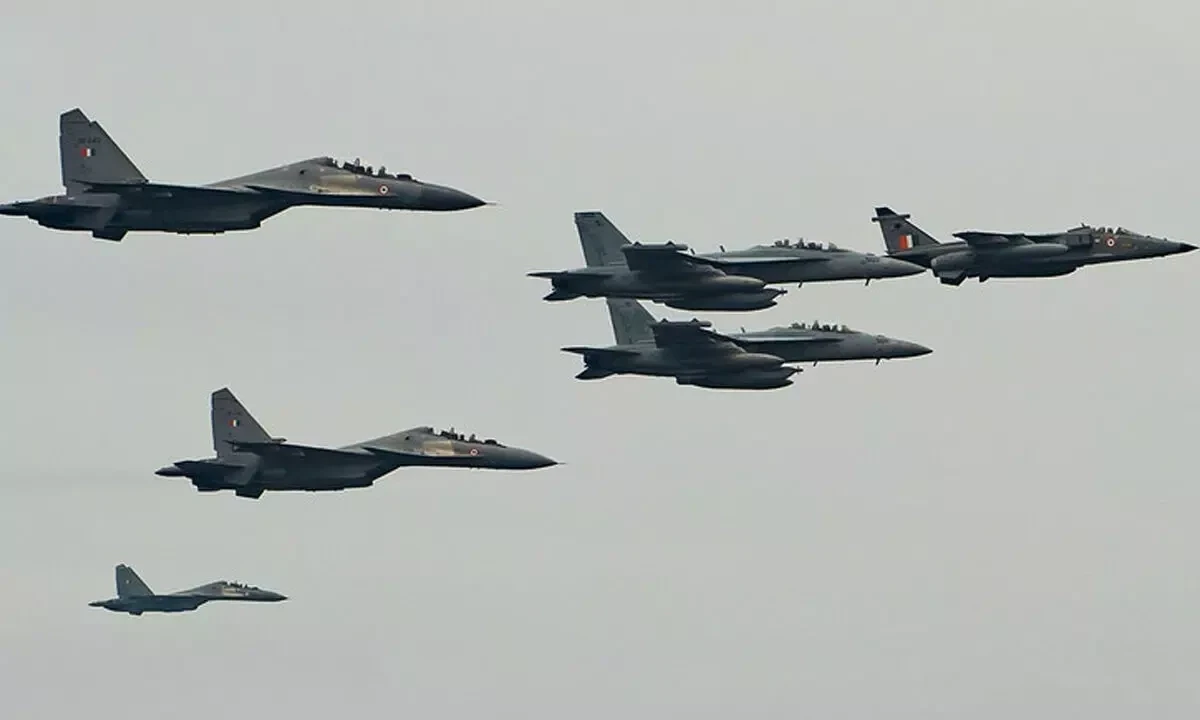Ifbluff and bluster were weapons of war, the Pakistan Army would have conquered the world long ago. Few institutions anywhere have elevated hollow rhetoric to such an art form.
From Rawalpindi’s press briefings to its generals’ self-congratulatory speeches, Pakistan’s military has always mistaken noise for strength. So when the Pakistan Army warned on Saturday that a future conflict with India could bring “cataclysmic devastation,” it merely stayed true to form-boasting loudly while revealing its insecurities.
The statement came in response to a blunt warning from India’s Army Chief, General Upendra Dwivedi, who on Friday told Pakistan to stop sponsoring terrorism “if it wants to retain its place on the world map.” His words carried the unmistakable ring of finality. A day earlier, Defence Minister Rajnath Singh had declared that India “can cross any border whenever necessary.” Together, these remarks left little ambiguity: India’s patience has limits, and Rawalpindi’s proxy war is testing them.
For Pakistan’s generals-long accustomed to India’s restraint-this shift in tone has been unsettling. For decades, they relied on nuclear brinkmanship and rhetorical intimidation to deter India from responding decisively to cross-border terrorism. But the balance has changed. India is no longer content to absorb provocation after provocation. From the surgical strikes of 2016 to the Balakot airstrike of 2019 and the more recent Operation Sindoor, New Delhi has shown both the will and capability to strike back hard.
Operation Sindoor in particular exposed the myth of Pakistan’s military parity with India. In that campaign, Indian forces crippled Pakistan’s defence infrastructure and forced it to sue for a ceasefire. The operation demonstrated India’s growing technological edge, superior planning, and ability to calibrate escalation. For Pakistan’s generals, accustomed to dictating the rhythm of conflict, Sindoor was a rude awakening.
General Dwivedi’s latest remarks-that the restraint shown during Operation Sindoor will not be repeated in a future war-should therefore be read as a clear warning, not rhetoric. India’s message is simple: if Rawalpindi persists in exporting terror, it will face consequences that go far beyond diplomatic condemnation.
That message is grounded not in arrogance but in realism. Pakistan’s army, despite its bluster, is in no position to sustain a conventional confrontation. Its economy is collapsing under debt, its currency has imploded, and its dependence on IMF bailouts and Gulf handouts is near-total. In such a situation, Rawalpindi’s apocalyptic warnings of “cataclysmic devastation” sound less like deterrence and more like desperation.
Yet, India must not allow pride to breed complacency. The Pakistan Army’s capacity for mischief should never be underestimated. Having built its identity around hostility to India, it cannot easily abandon that narrative. The generals in Rawalpindi know that their domestic power and privileges depend on perpetuating the myth of an eternal Indian threat. The Pakistani deep state, in many ways, is hostage to its army’s obsession with India. That is why, even as Pakistan’s economy burns, its generals continue to nurture jihadist groups. The army’s control over these groups allows it to keep the pot boiling without triggering full-scale war.
So, India’s challenge is to combine deterrence with vigilance. We must remain prepared for Pakistan’s asymmetric playbook-cyberattacks, disinformation campaigns, infiltration attempts, and proxy violence. But the bigger challenge is strategic patience. India’s strength today lies as much in restraint as in resolve.
